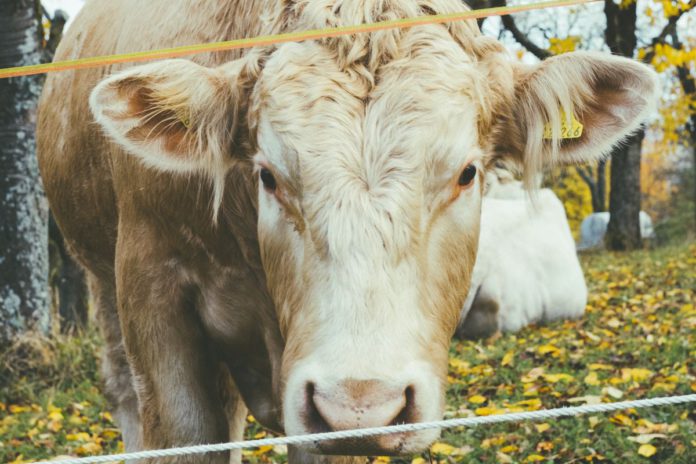According to Minister for Agriculture, Food and the Marine, Charlie McConalogue, TB levels in 2021 are “likely” to be lower this year than in 2020.
He said changes the DAFM has introduced due to the renewed TB Strategy, supported by the TB Forum, are “starting to yield real results”.
The minister made the statements in response to a series of parliamentary questions from Fine Gael’s Bernard Durkan.
TB levels
He told the deputy that there have been fewer reactors and a lower herd incidence in the 12 months to November 28th, 2021, than for the corresponding period one year ago.
He explained that the increase in TB levels between 2016-2020 are “multifactorial”. The minister said this could relate to a combination of national and local factors.
“The expansion of the dairy herd since 2015 has played a role in this. Dairy herds, larger herds, farm fragmentation and herds, which introduce more cattle, are at higher risk of TB breakdowns. Wildlife is also a factor.”
He explained that a veterinary inspector investigates each TB outbreak to identify the source of infection.
McConalogue added that his department continues to fund and support “substantial” research into the epidemiology of TB in Ireland.
This, he explained, “ensure our actions are informed by science”.
During his response, the minister also pointed to the Bovine TB Stakeholders Forum’s Scientific Working Group.
The group, consisting of a panel of internationally recognised experts in TB research, looked at wildlife’s role in bovine TB.
Summarising the group’s conclusions, he said:
“Badgers do contribute to bTB in cattle in Ireland, which is addressed through my department’s badger vaccination and culling programmes operated under licence from the National Parks and Wildlife Service.”
“Deer-to-cattle spread is only likely to occur to any meaningful extent in Co Wicklow.”
“My department supports deer control by advising farmers to manage deer populations on their land, including through culling where necessary and by providing free testing of deer for bTB through the Regional Veterinary Laboratory network,” he concluded.
Other farming news:





